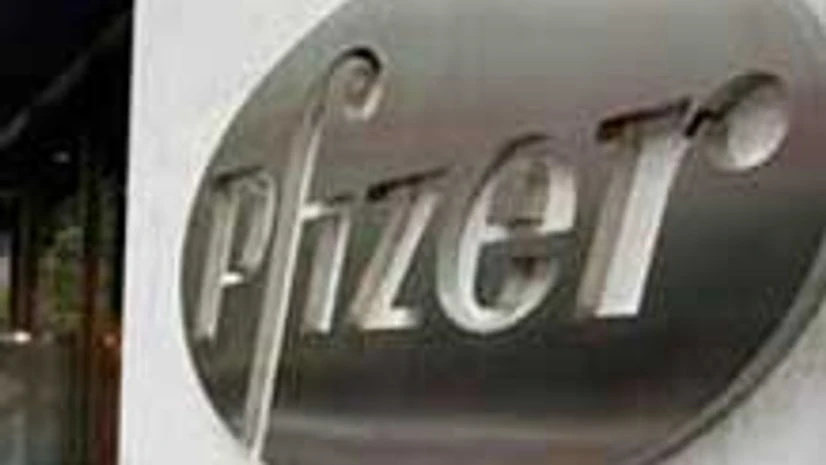Pfizer
After an initial grilling in which Chief Executive Ian Read admitted a merger would mean job losses and reduced research spending, Read returns for another session of tough questioning by a parliamentary science committee on Wednesday.
Pfizer has indicated it could raise its offer for Britain's second-biggest drugmaker from $106 billion, if AstraZeneca is prepared to talk, but lawmakers are deeply concerned about the impact of a takeover on the country's science base.
The US company has a record of making deep job cuts after past takeover of companies like Wyeth, Warner-Lambert and Pharmacia.
On Tuesday, the chairman of the business committee, Adrian Bailey, said Pfizer had been called a "praying mantis" and a "shark that needs feeding", and he asked Read: "What can you say to this committee to convince us that this is a leopard that has changed its spots?"
That critical tone is likely to be carried over into the second day of hearings, when the lawmakers will focus on the concerns of the scientific community, which has had close ties with AstraZeneca and its legacy companies for decades.
Nobel laureate Paul Nurse, the president of the Royal Society and one of Britain's top scientists, wrote to the chairman of the science committee Andrew Miller to express his concern that Pfizer's promises so far were vague and inadequate.
More From This Section
Pfizer has given a five-year commitment to complete AstraZeneca's new research centre in Cambridge, retain a factory in the northwestern English town of Macclesfield and put a fifth of its research staff in Britain if the deal goes ahead.
But it has also said this could be altered if circumstances change "significantly" and Scottish-born Read said he could not commit to maintaining a specific R&D budget for Britain.
Nurse said a five-year pledge was simply not good enough.
"A five-year commitment to the UK is insufficient. A commitment of at least 10 years is required. Science is not a quick win," he wrote.
AstraZeneca has rejected Pfizer's cash-and-stock offer, which was worth 50 pounds a share at the time it was made on May 2, arguing that it has a bright future as an independent business, with a pipeline of promising new drugs.
The British company's French-born CEO Pascal Soriot said Pfizer's proposal not only undervalued his company but risked disrupting its research and delaying getting life-saving new drugs to market.
Parliamentary select committees cannot block corporate transactions but they can question executives ferociously, as banks, energy companies and Rupert Murdoch's News Corp

)
